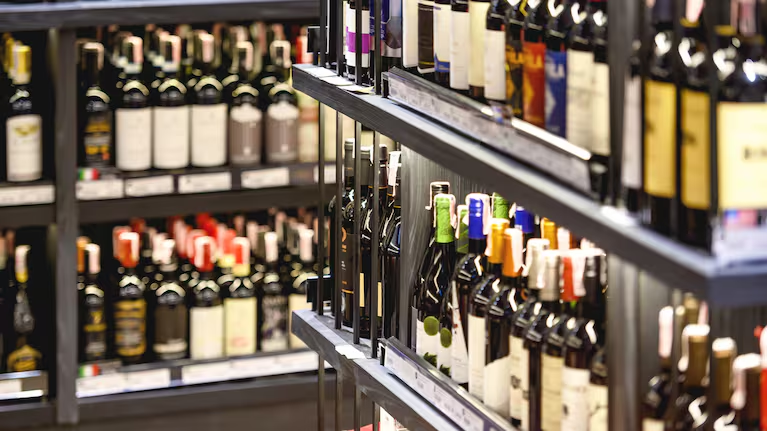A two-day alcohol sales suspension for New World supermarkets across the South Island is expected to be a significant financial hit, according to an alcohol watchdog.
Thirty-two New World stores will face a 48-hour ban on selling alcohol after breaching rules on online alcohol advertising, as ruled by the Alcohol Regulation and Licensing Authority (ARLA). The suspension is scheduled to begin at 7 a.m. on Tuesday, October 8.
The breach occurred when DB Export Gold and Ultra Low Carb products were advertised at a 26.1% discount for club card holders on January 9, violating Section 237 1B of the Sale and Supply of Alcohol Act. This section prohibits discounts of more than 25% on alcohol unless they are offered on licensed premises.
Inspector Ian Paulin, representing the police, initiated the suspension request, accusing the supermarkets of violating the law. The police argued that the store owners tried to “shield themselves from liability by hiding behind a complex corporate structure.”
Despite defense claims that the breach was a result of an “honest mistake,” ARLA found 32 stores in violation and ordered the suspension of their liquor licenses.
Andrew Galloway, the executive director of Alcohol Healthwatch, applauded the police for their handling of the case and emphasized the significance of the decision. “They have been very fair in dealing with the supermarkets regarding the rules around price promotion, and they had previously warned this particular supermarket chain,” Galloway told Midday Report. “We’re pleased with the result and commend the police and the authority for their sound decision.”
Galloway also noted that the suspension would serve as a warning to other businesses about the importance of adhering to alcohol promotion regulations. “It’s a reminder that when it comes to alcohol, you have to be extremely cautious with promotions. The rules are there for a reason,” he added.
The supermarket chain, Foodstuffs South Island (FSSI), acknowledged the breach but argued that it was at the “lower end of the scale” and resulted from a missed final pricing check. FSSI, which acted as an agent for the stores, said they have since implemented stricter procedures to prevent future violations.
While Galloway refrained from speculating whether the breach was an innocent mistake, he stressed that supermarkets, which sell 31% of all alcohol consumed in the country, should be more vigilant. “With the amount of alcohol supermarkets sell, and the revenue it brings, they’ve got the resources to do better,” he said.
The suspension is expected to cause significant financial loss for the affected New World stores. Galloway estimated that the two-day suspension could lead to a substantial drop in alcohol sales, along with possible reputational damage. “Forty-eight hours without alcohol sales is going to hurt them. The amount of alcohol consumed during that time could be enormous. It’s a big financial hit.”
This case highlights the ongoing challenges in balancing business practices with the responsible promotion and sale of alcohol, particularly as watchdog groups and law enforcement continue to scrutinize advertising practices.
TIN Bureau


